When it comes to managing your money, this can all seem rather overwhelming, especially with all the conflicting advice. But reading the best personal finance books can help you manage your money effectively. Whether you’re just starting out on your financial journey or looking to polish your skills, the right book may give you both tools and self-confidence in controlling your affairs.
7 Best Personal Finance Books You Should Read in 2025
In the list below, I offer 7 powerful books that have caught my attention in 2025. These are not just popular titles, they are practical guides written with plenty of real-world advice, smart moves and new ways of looking at life that really work. From developing your budget to learning how to invest, each one deploys useful techniques at any stage of life. Let’s jump right in and find the best personal finance books to help you create a better financial future for yourself.

Rich Dad, Poor Dad by Robert T. Kiyosaki
- Genres: Finance, Business, Nonfiction, Self Help, Personal Finance
- Pages: 195
- First published: 8 April 1997
Rich Dad Poor Dad is far more than a book on personal finance. It is a mindset change. Robert Kiyosaki tells the story of his own youth, growing up with two father figures: the “poor dad” was his biological father and also the father of his best friend was his best friend (‘Rich Dad’). These two men held completely opposing views about money, work and wealth–and the difference between them is one reason people think differently on the subject of financial success.
The book destroys the myth that in order to become rich, you need a high-paying job. Instead, it stresses the importance of financial education, building assets, and making your money work for you, and how money works. This is what the schools rarely teach.
Whether you are just starting out or need to transform your spending patterns this book offers a different way to look at money, investment and long-term wealth. A must-read if you want to stop living week by week and start earning real financial freedom.
I Will Teach You to Be Rich by Ramit Sethi
- Genres: Finance, Nonfiction, Business, Self Help, Personal Finance
- Pages: 352
- First published: 1 January 2009
I Will Teach You to Be Rich by Ramit Sethi represents a no-nonsense approach geared for the real world. In this 6-week, action-oriented personalized breakthrough guide, Ramit Sethi delivers ways for you to rein in your finances and take on the debt monster over time, building wealth without changing what life holds dear.
This revised edition gives you the lowdown on setting up ultra-high interest no-fee accounts, automating your money, and investing in a clever manner. And it provides simple scripts for bargaining bills and raises that anybody can do without sacrificing their bottom line. Ramit’s message is perfectly simple: if you’ve got a handle on your financial fundamentals, spend without regret on what really matters.
Revised and expanded with new tools, insights about money psychology, and real-life success stories for living a “rich life” according to your heart’s true desire. This book is right for anyone who wants to move up in the world, but is broke at least some of the time. When you are dealing with student loans or facing major life events, this book equips you to handle these problems in a cool and assured style.

The Psychology of Money by Morgan Housel
- Genres: Finance, Nonfiction, Psychology, Self Help, Business, Personal Finance
- Pages: 242
- First published: 1 January 2020
The Psychology of Money takes a hack- fully into the emotional aspects of personal finance–because getting ahead financially maybe as much a matter of character as knowledge.
As Morgan Housel describes, intelligent people who know a lot about finance sometimes have trouble managing their own money because real-world decisions are not made on spreadsheets but are indeed based more on emotions, habits and personal experience.
In 19 brief and trenchantly ironic anecdotes, Housel examines the astonishing ways that we misinterpret money, investing and wealth. He shows how ego, fear, luck and past experience combine to control our financial decisions–often more powerfully even than logic or arithmetic ever could.
The Psychology of Money does not offer get-rich-quick schemes or formulaic, foolproof methods. Instead, it provides timeless ideas on how to think about money more clearly and how to create wealth that lasts. It is must reading for anyone who would like improve their financial mindset and make better money choices, whether short or long-term investors.
The Millionaire Next Door by Thomas J. Stanley
- Genres: Finance, Nonfiction, Self Help, Personal Finance
- Pages: 258
- First published: 28 October 1995
This book exposes the habits of actual American millionaires. The vast majority of affluent people live in unassuming neighborhoods and lead unassuming lives, the authors discovered. They live frugally, saving and investing instead of spending on luxuries.
This book compares two different kinds of people. UAW spends a lot of money and saves very little. PAWs earn more and accumulate wealth in the long run. High-income professionals often appear wealthy, but aren’t. Genuine millionaires usually have mundane occupations but are frugal with their finances.
The main lesson is clear. It’s not how much you earn that builds wealth. It’s about how you spend, save and invest. This book is a guide to learning how to build wealth over time quietly.
The Richest Man in Babylon by George S. Clason
- Genres: Finance, Business, Nonfiction, Self Help, Personal Finance
- Pages: 160
- First published: 1 January 1926
The Richest Man in Babylon conveys the age-old wisdom of finance in ancient Babylon. Teaching the fundamentals through the storytelling method is the approach taken by George S. Clason. Saving, investing, and living below your means are subjects that will be covered in this collection of attractively arranged pictures and captivating tales that illustrate every point he makes.
Lessons you need to hear to become rich; every fable teaches simple lessons of many repetitions of building wealth over time, taking learnings from the surrounding life. In this contemporary reinterpretation, Karen McCreadie updates the lessons with timely examples. Most people can implement these lessons with clarity and simplicity, empowering them to make the best economic decisions.
Such advice still works today. Simple ideas, such as those from “The Richest Man in Babylon,” do not go out of fashion. They still function just as effectively as if they were first published a hundred years ago. The book has received wide praise from Warren Buffett to Time magazine, to ABC’s Good Morning America. For many of us who want to be rich, starting by reading George S. Clason’s work is a good place to begin.
The Total Money Makeover by Dave Ramsey
- Genres: Finance, Nonfiction, Self Help, Personal Finance
- Pages: 229
- First published: 1 January 1994
To help you control your money, Dave Ramsey’s program puts you in the driver’s seat. Claiming it can consolidate debt or negotiate new payment terms for those whose credit is bad, the market for credit repair services is growing rapidly in terms of both providers and customers. Ramsey’s advice is simple to follow and has been proven to be effective over time.
This book identifies dangerous money lies and replaces them with disciplined, commonsense practices that can help you achieve not only a debt-free life, but also an abundance of savings – a nest egg for hard times or investment when opportunities arise. Ramsey makes it easier to follow by explaining that if you want your retired lifestyle to be as good or even better than what you had while working, the money will need to follow. However, this is Ramsey. If he says something, you can take it to the bank.
Easily, this book takes its place among the best personal finance books. It is a trusted guide for those who are weary of living from paycheck to paycheck and who want to be finally free of those worries.
MONEY Master the Game: 7 Simple Steps to Financial Freedom by Tony Robbins
- Genres: Finance, Nonfiction, Self Help, Personal Finance
- Pages: 688
- First published: 1 January 2014
In MONEY: Master the Game, Tony Robbins tackles one of life’s problems – gaining financial freedom. Chatting with fifty top investors, amongst them Warren Buffett and Ray Dalio, he shows a simple plan that anyone can pick up inside 7 steps. You don’t have to know finance. Just need the right tools.
Robbins uses clear examples, real stories, and simplified English to illustrate sound money strategies. He helps you to safeguard your earnings, dodge common financial pitfalls, and create a plan that will provide for you for life. His advice is applicable whether you are a new graduate just out of school or already have amassed great wealth.
This book is an inspiration, it is practical, and it is filled with advice from professionals. It is definitely worthy of the title “Best Personal Finance Books.” If you want a guide, step by step, on how to increase your wealth in reality, this is what you should read.
Best Personal Finance Books: Final talk
Ok, that’s it. These 7 books are the best personal finance books, and you should read them. These Best Personal Finance Books will help you make your financial decisions strong and accurate. To be honest, a lot of people know how to earn money but don’t know how to manage that money, and these books will help you. I would recommend reading them all. You can also tell us about your favourite Best Personal Finance Books in the comment section.
You can also check out 7 Underrated Books You Probably Haven’t Read Yet

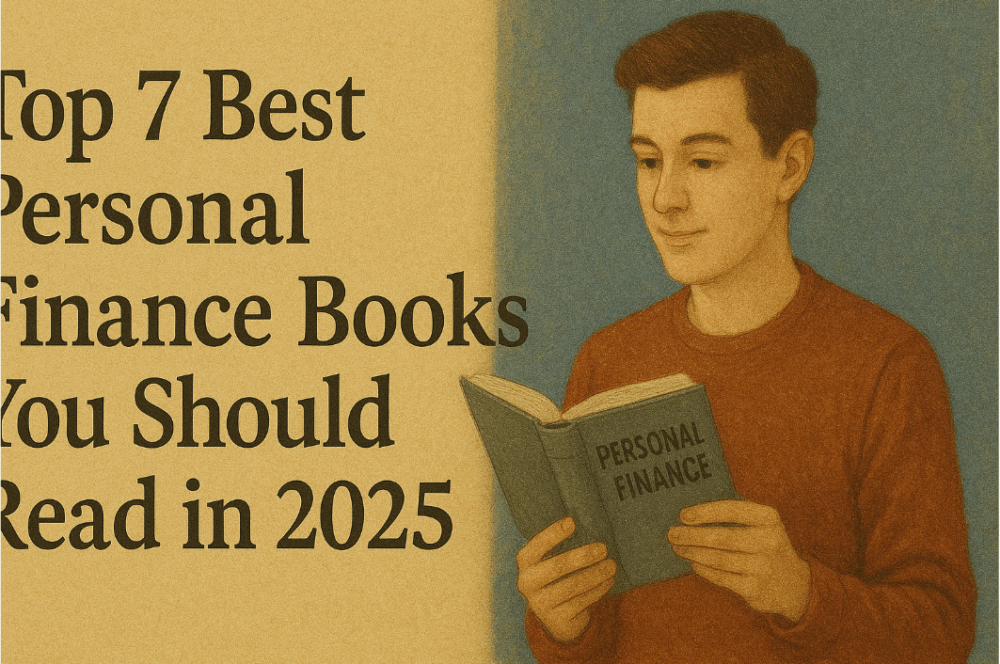
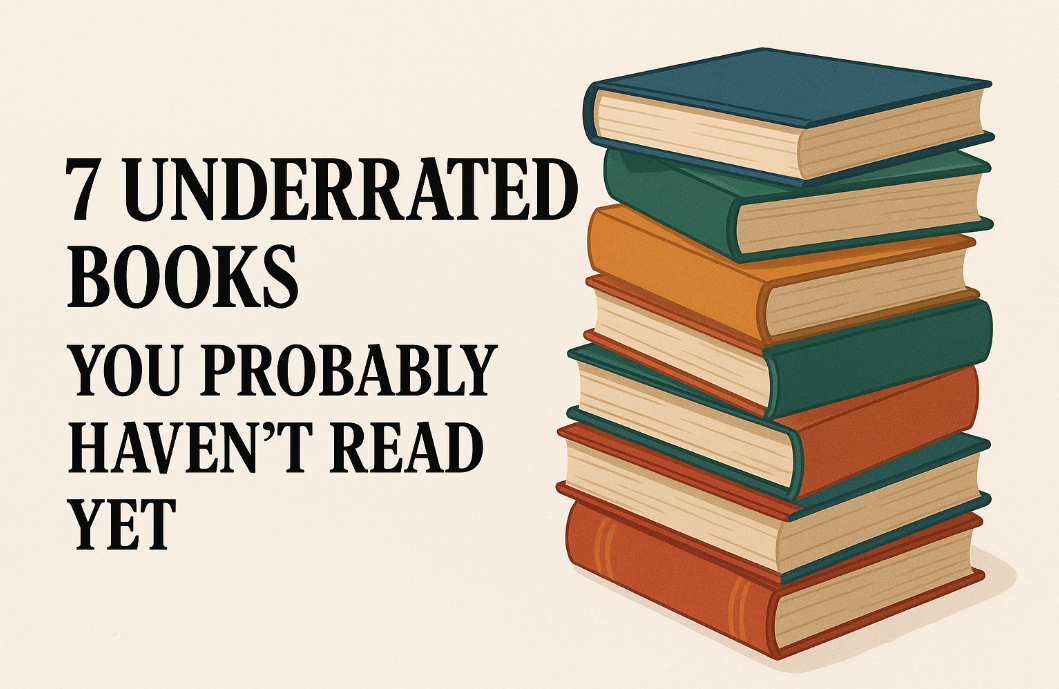

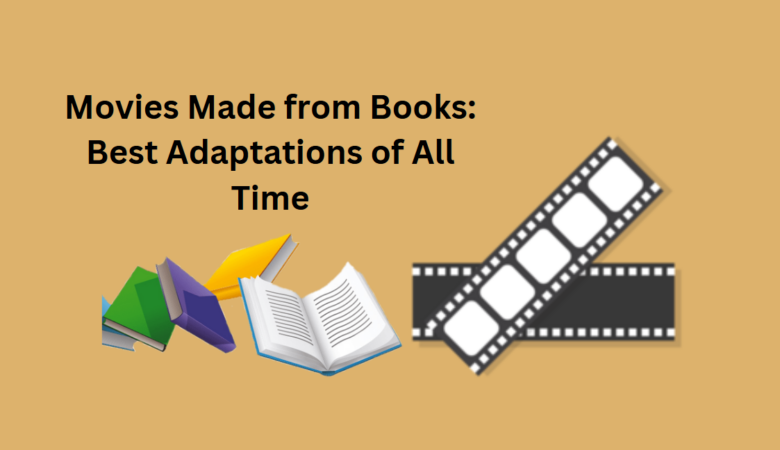
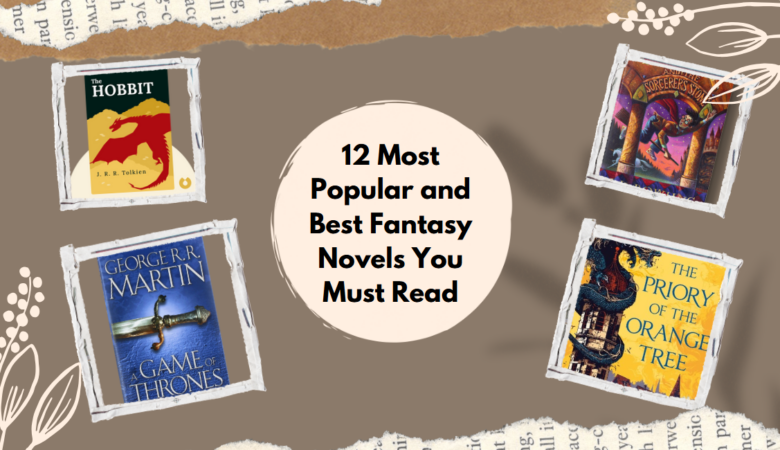

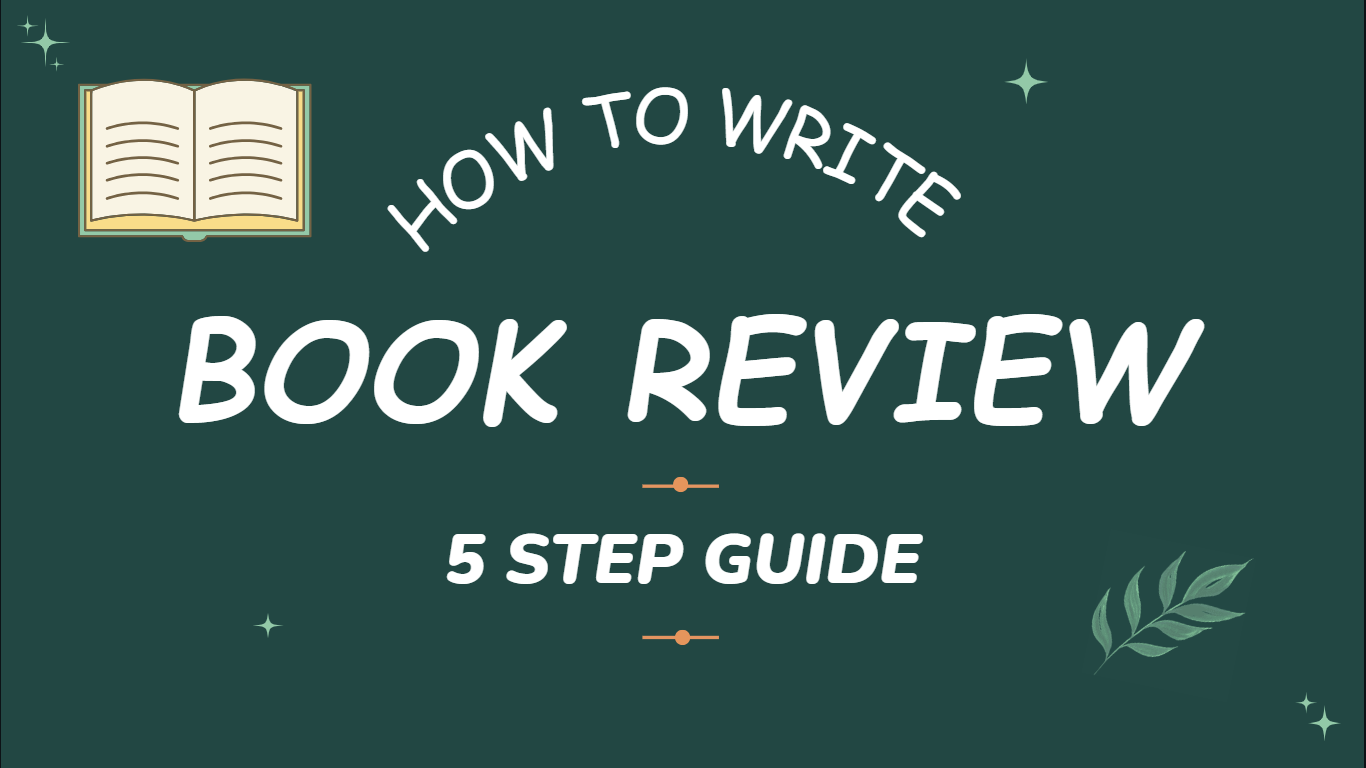
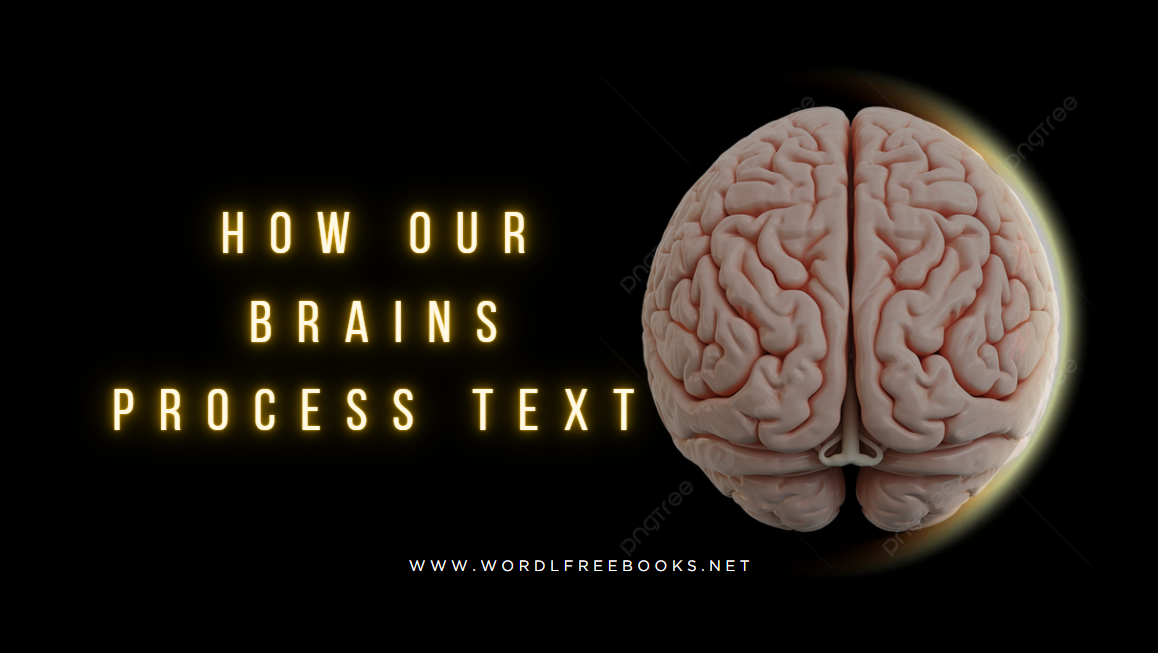
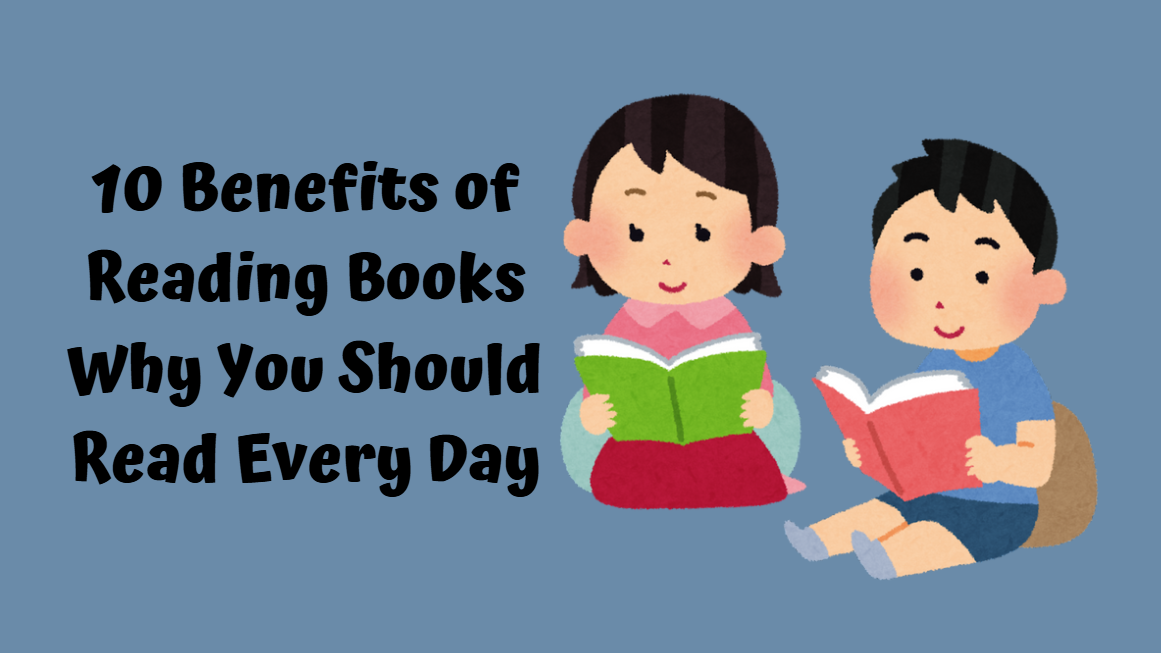
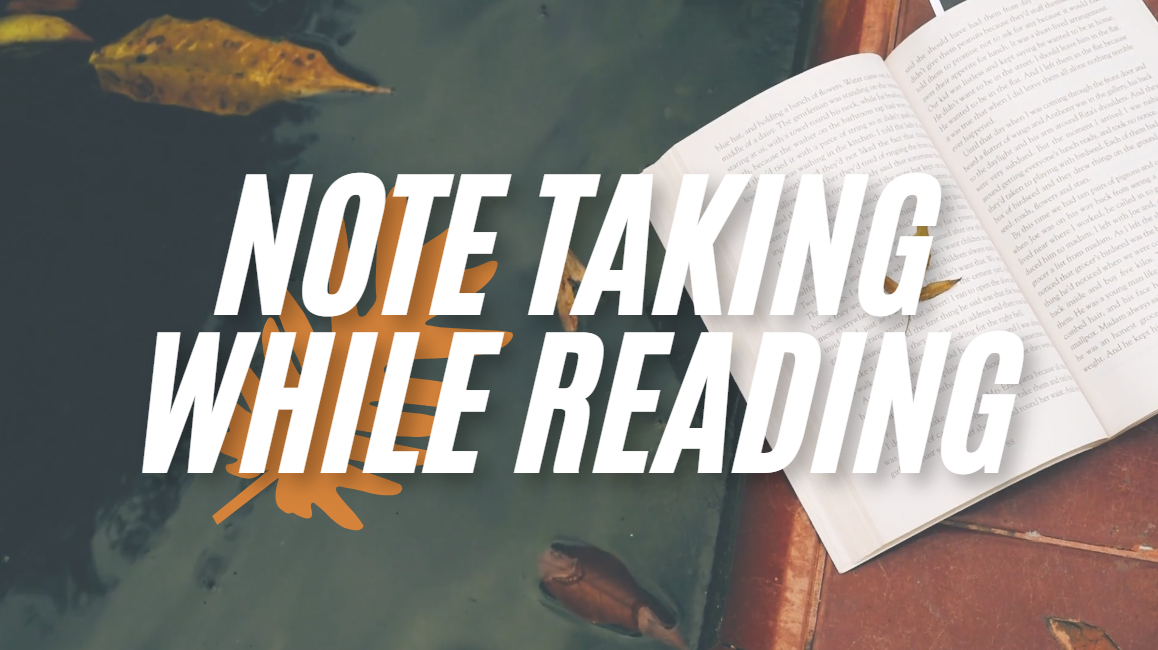
Leave a Reply